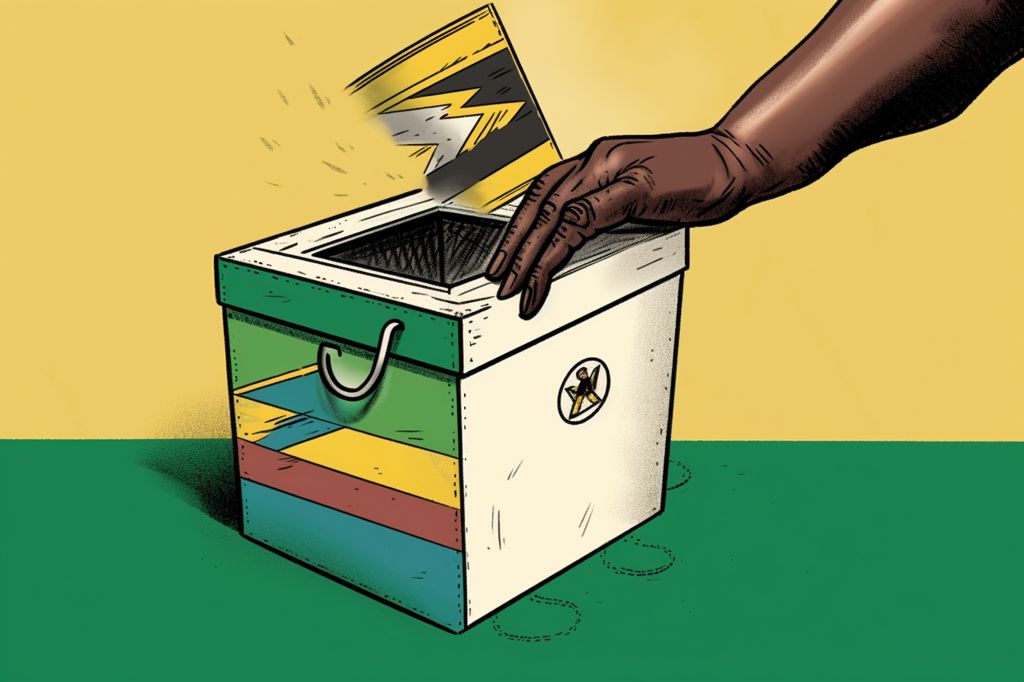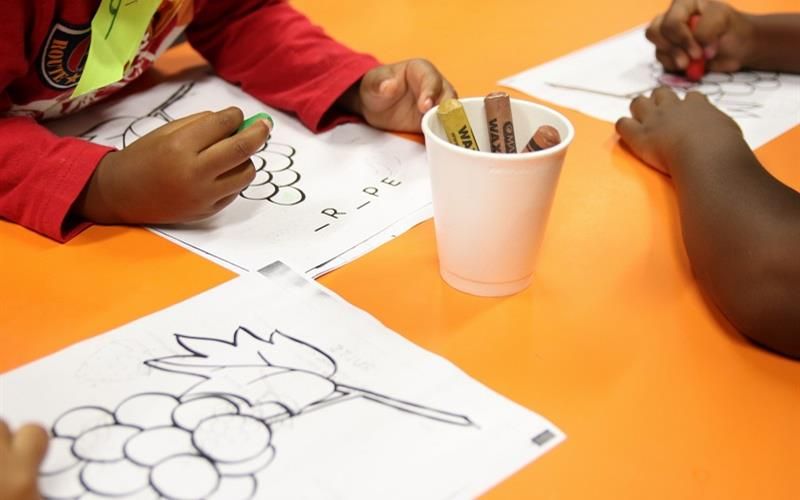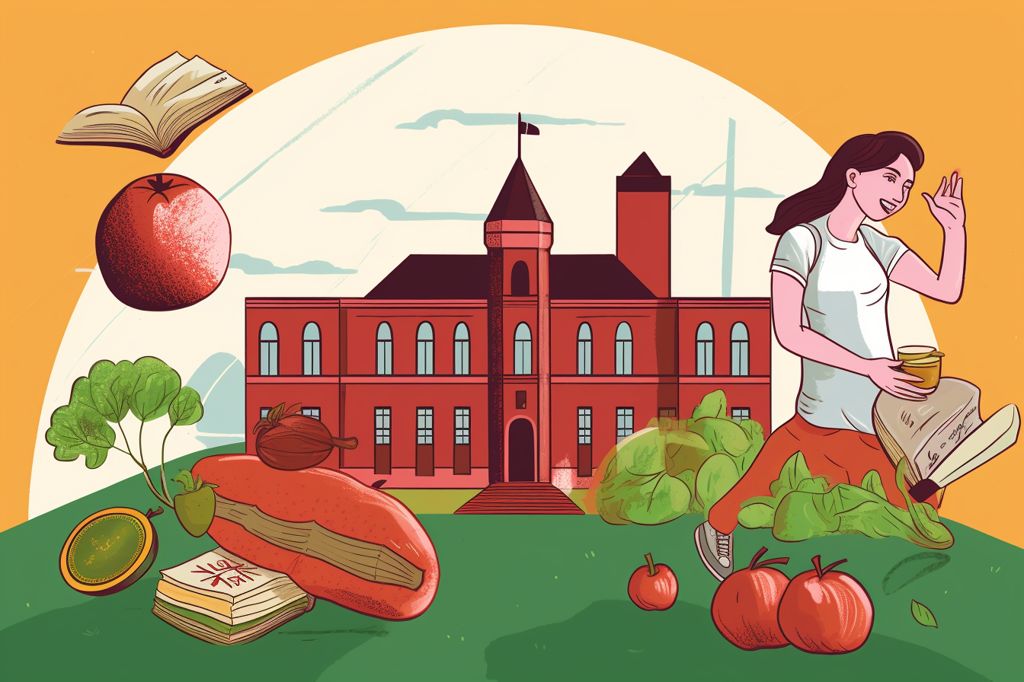On June 14, 2023, municipal by-elections were conducted in the provinces of Eastern Cape and KwaZulu-Natal in South Africa. The elections provided an opportunity to witness the dynamics of local politics in action, with the African National Congress (ANC) and the Inkatha Freedom Party (IFP) emerging as the main contenders in the electoral battle.
ANC Retains Seats in Eastern Cape
The ANC, a political party with historical roots in the anti-apartheid movement, retained its seats in the Kou-Kamma Municipality and Port St Johns Municipality in the Eastern Cape. Channon Eugina May and Patric Nomarhobo were elected as the new ANC councillors for these wards, respectively. While the ANC retained its majority in both wards, there was a slight decline in voter support in Ward 05, as compared to the 2021 elections.
IFP Wins a Seat in KwaZulu-Natal
The IFP, a party that once rivaled the ANC during apartheid, but has since evolved into a political organization promoting Zulu culture and interests won a seat previously held by the ANC in the uMvoti Municipality of KwaZulu-Natal. Zwakushiwo Michael Zondi emerged victorious in Ward 02, securing 53.13% of the total votes cast. This marked a significant shift in voter preferences as the ANC had previously won this ward during the 2021 Municipal Elections.
Voter Engagement
The by-elections indicated a valuable indicator of voter engagement in local politics, with voter turnout in the contested wards ranging from 50.72% to 52.96%. This demonstrates the continued interest of citizens in the democratic process and their right to vote.
Shifting Political Dynamics
The by-elections provided insight into how political dynamics are changing in different parts of South Africa. While the ANC’s dominance in the Eastern Cape wards remains, the IFP’s victory in a ward previously held by the ANC in KwaZulu-Natal highlights the fluid nature of political allegiances and the growing influence of regional political players.
Nuances of South African Politics
The elections demonstrated the complex nature of the South African political landscape, with voters supporting parties based on various factors such as regional affiliations, historical associations, and policy stances. This electoral contestation is critical for promoting political competition and ensuring accountability.
In conclusion, the municipal by-elections served as a reminder of the importance of local politics and the need for citizens to engage with their elected representatives. While the ANC and IFP emerged as the main winners, ongoing political developments reveal an intricate tapestry of alliances, rivalries, and evolving preferences that are critical for understanding the nation’s complex political terrain.












